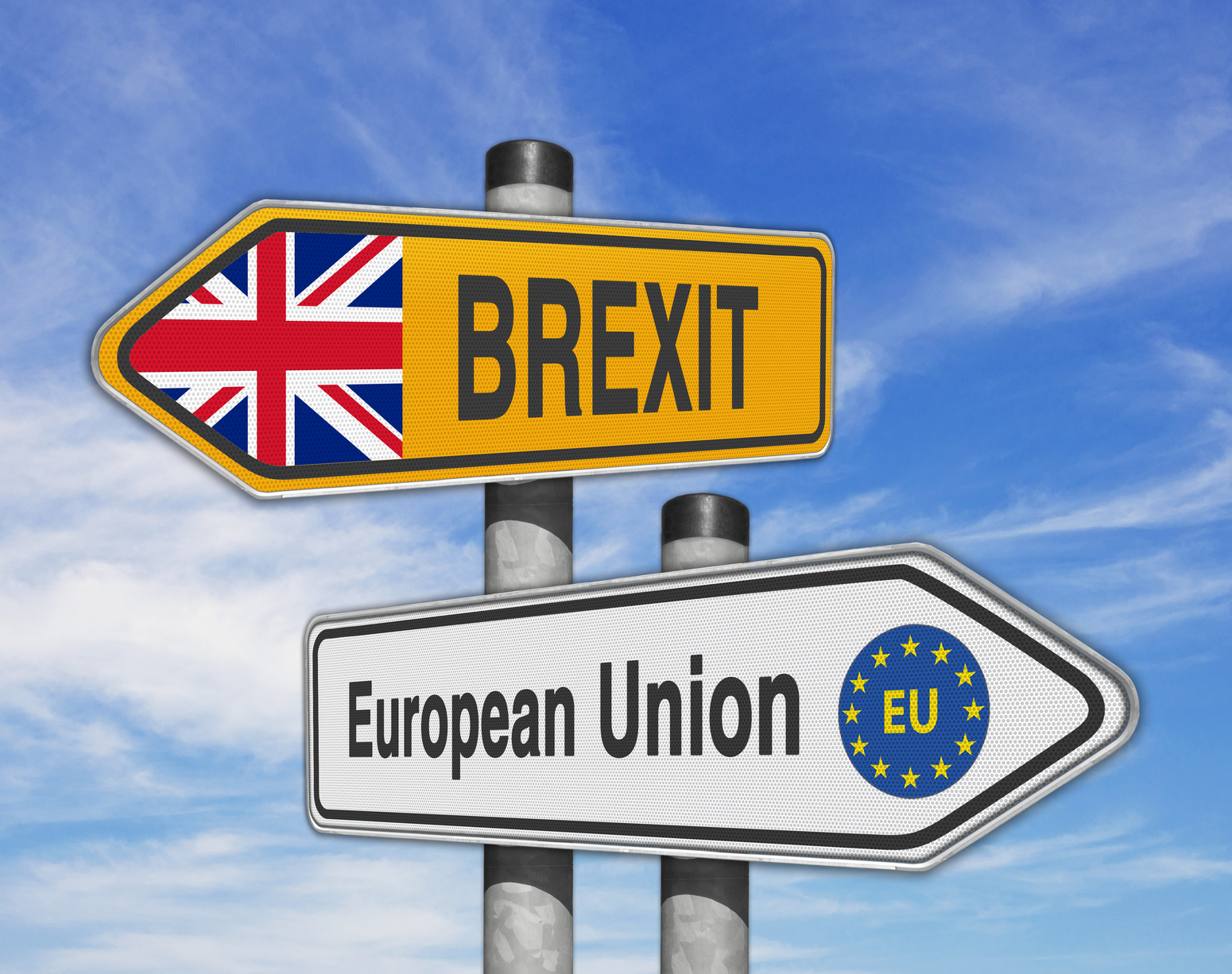Brexit, a well-known term, refers to the United Kingdom’s decision to leave the European Union and European Atomic Energy Community at 23:00 31 January 2020 GMT. This monumental decision has sparked intense debate, discussions, and deliberations across the globe.
An Overview 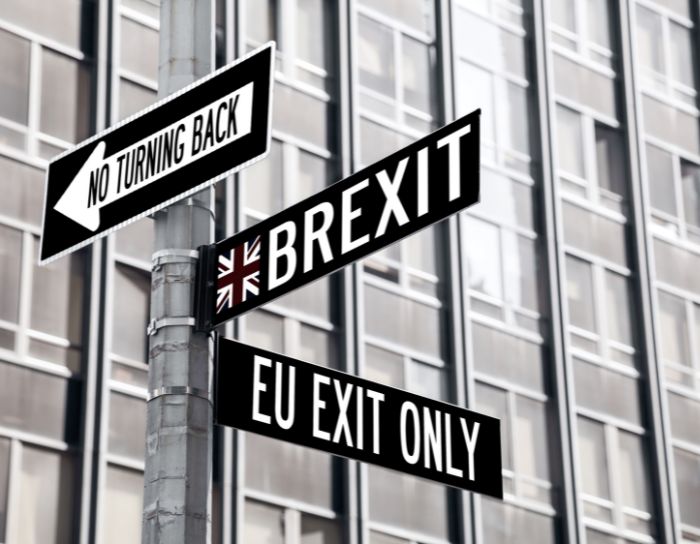
The United Kingdom joined the European Economic Community (EEC), the precursor to the EU, in 1973. Over the years, there were growing concerns and debates over the UK’s membership, sovereignty, and the benefits and drawbacks of being part of the EU.
For years, there were discussions and debates within the UK about the benefits and drawbacks of EU membership. The UK Independence Party (UKIP), a major proponent of Brexit, gained significant traction in the early 2010s, advocating for the UK to reclaim its sovereignty and leave the EU.
In 2016, then-Prime Minister David Cameron held a referendum, giving the British people the power to decide their EU membership. The result was a close call, with 52% voting to leave and 48% voting to remain. This result set the stage for the complex and often tumultuous negotiations that would follow, culminating in the UK’s official departure from the EU in January 2020.
What Are the Benefits?
Brexit has been touted by its proponents as a means for the UK to reclaim its sovereignty, control immigration, and forge its own trade agreements. Let’s explore these aspects in more detail.
Reclaimed Sovereignty
One of the most significant advantages of Brexit is the restoration of the UK’s sovereignty. Prior to leaving the EU, the UK was subject to EU laws and regulations, which some argued undermined the UK’s ability to govern itself.
- Legislative Independence: The UK can now create and implement its own laws without the need for approval from the EU.
- Judicial Autonomy: The UK’s judicial system is no longer under the jurisdiction of the European Court of Justice, ensuring that legal decisions are made within the UK.
Improved Control of Immigration

Another major advantage of Brexit is the ability to control immigration. The EU’s principle of free movement allowed citizens of member countries to live and work in the UK without a visa, leading to significant population growth.
- Reduced Pressure on Public Services: With stricter immigration controls, there could be reduced pressure on public services such as healthcare and education.
- Skilled Worker Focus: The UK can now prioritize immigration for skilled workers, potentially leading to a more specialized workforce.
New Trade Agreements
Brexit provides the UK with the opportunity to negotiate its own trade agreements independently of the EU. This could potentially lead to more favorable terms and strengthen the UK’s economic ties with other countries.
- Bilateral Agreements: The UK can negotiate trade agreements that are tailored to its own economic needs and priorities.
- Global Opportunities: There is potential for the UK to strengthen its economic relationships with countries outside of the EU, opening up new opportunities for trade and investment.
Will Downsides Surpass the Benefits?
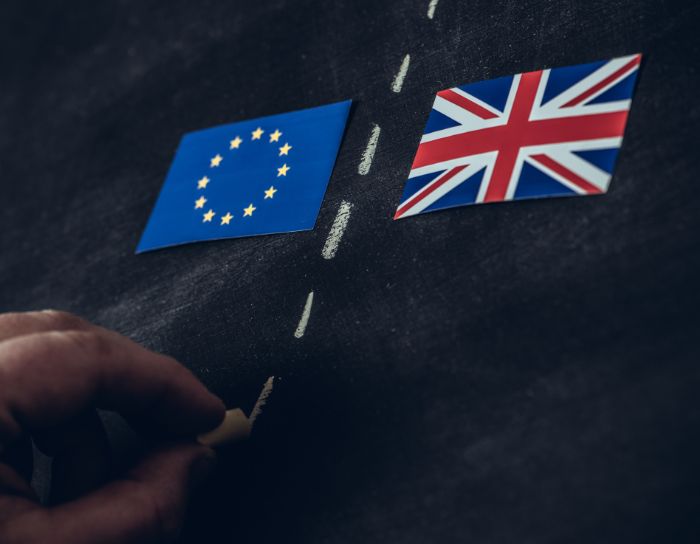
While there are potential benefits to Brexit, there are also significant challenges and drawbacks. These include economic uncertainty, the impact on Northern Ireland, and the loss of international influence.
Economic Uncertainty
The period following the Brexit vote was marked by economic uncertainty, with concerns about the impact on the UK’s economy, job market, and financial stability.
- Market Volatility: The uncertainty surrounding Brexit led to volatility in the financial markets, affecting investments and the value of the British Pound.
- Potential Job Losses: Certain industries, particularly those heavily reliant on trade with the EU, faced the risk of job losses and economic downturn.
The Northern Ireland Dilemma
The issue of Northern Ireland posed a significant challenge in the Brexit negotiations, with concerns about the potential for a hard border between Northern Ireland (part of the UK) and the Republic of Ireland (an EU member).
- The Good Friday Agreement: There were fears that a hard border could undermine the Good Friday Agreement, which brought peace to the region.
- Economic Impact: Northern Ireland’s economy, heavily reliant on cross-border trade, faced potential disruption and uncertainty.
Loss of International Influence
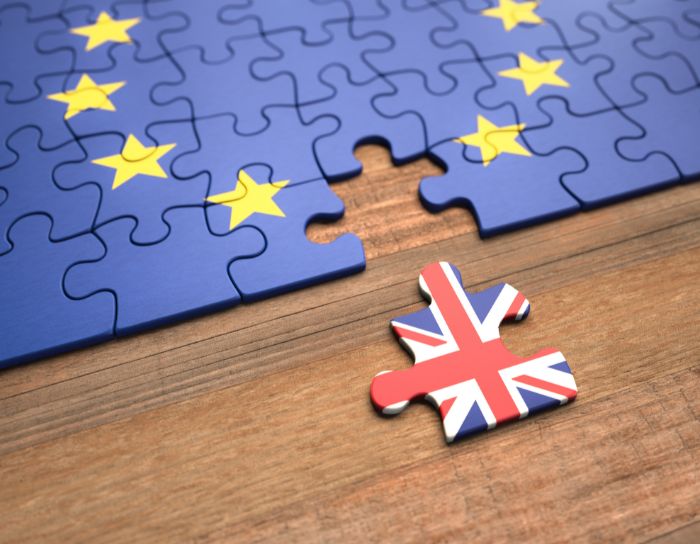
Leaving the EU meant that the UK lost its seat at the table in one of the world’s most powerful economic and political blocs, potentially diminishing its influence on the global stage.
- Diplomatic Isolation: The UK may find itself with less diplomatic clout in international negotiations and conflicts.
- Economic Leverage: Being outside of the EU could reduce the UK’s leverage in international trade and economic discussions.
The best way to understand whether there are more benefits or downsides is by comparing all aspects that were influenced by exiting EU.
| Aspect | Pros | Cons |
|---|---|---|
| Trade and Independence |
|
|
| Legislative Sovereignty |
|
|
| Workforce and Skills |
|
|
| Economic Opportunities |
|
|
| Consumer Choice and Agriculture |
|
|
What to Expect in the Future?
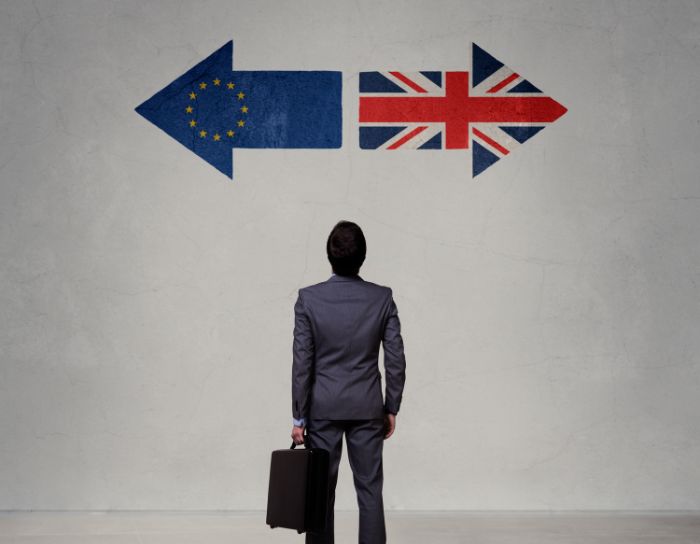
The full impact of Brexit is still unfolding, and the UK is navigating its new place in the world. There are opportunities and challenges ahead, and the UK’s success will depend on how it leverages its newfound independence while mitigating the potential drawbacks.
Opportunities for Growth and Innovation
With the ability to set its own policies and regulations, the UK has the opportunity to foster innovation and growth in various sectors.
- Technology and Innovation: The UK can create a regulatory environment that encourages innovation in technology, finance, and other key industries.
- Education and Research: There is potential for the UK to invest in education and research, attracting talent and fostering innovation.
Main Challenges
Despite the opportunities, there are also challenges and uncertainties ahead. The UK must navigate its relationship with the EU, address domestic challenges, and establish its role on the global stage.
- Trade and Economic Stability: The UK must negotiate trade agreements and ensure economic stability to foster confidence among businesses and investors.
- Social and Political Cohesion: Addressing the social and political divisions that were highlighted by the Brexit referendum is crucial for the UK’s future stability and success.
How Will UK Adapt?

The UK’s departure from the EU has necessitated a period of adaptation and adjustment, as the nation redefines its relationships, policies, and identity on the global stage. This transition is marked by both challenges and opportunities, as the UK seeks to navigate the complexities of its new-found independence.
Rebuilding and Strengthening Relationships
One of the immediate tasks post-Brexit is to rebuild and strengthen relationships, both with the EU and other global partners. The UK must forge new alliances and redefine its role in various international organizations and agreements.
- Diplomatic Endeavors: Engaging in diplomatic efforts to foster positive relations with EU member states and other global powers is crucial. Even though the EU officials, such as Federica Mogherini, claim that the UK will face many issues, we expect that they will stay in excellent relations.
- Trade Negotiations: The UK has the opportunity to negotiate trade agreements that are tailored to its own economic needs and priorities.
Policy and Regulatory Reforms
With Brexit, the UK has the autonomy to reform its policies and regulations across various sectors. This presents an opportunity to create a regulatory environment that is conducive to growth, innovation, and competitiveness.
- Innovation-Friendly Policies: Implementing policies that encourage innovation and entrepreneurship can drive economic growth and job creation.
- Environmental and Social Reforms: The UK can take bold steps in addressing environmental challenges and social inequalities, setting an example on the global stage.
The Impact on Industries
Brexit’s impact has been felt across various industries, with some sectors experiencing growth and opportunities, while others face challenges and uncertainties. Understanding these impacts is crucial for navigating the post-Brexit landscape.
The Financial Sector
The UK’s financial sector, particularly the City of London, has been a focal point of Brexit discussions. While there have been challenges, there are also opportunities for growth and innovation.
- Challenges in Passporting Rights: The loss of passporting rights, which allowed financial firms in the UK to operate freely across the EU, has posed challenges.
- Opportunities in Fintech: The UK’s strong fintech sector has the potential to thrive, with supportive policies and a focus on innovation.
Manufacturing and Agriculture
The manufacturing and agriculture sectors face uncertainties, particularly in terms of trade and access to the EU market. Addressing these challenges is vital for the stability and growth of these sectors.
- Trade Barriers and Delays: The potential for trade barriers and delays at borders can impact the flow of goods and materials.
- Support and Innovation: Providing support and encouraging innovation in these sectors can help mitigate challenges and drive growth.
Social Impact
Brexit has had a profound impact on the UK’s social fabric, highlighting divisions while also creating opportunities for unity and reconciliation. Addressing these social dynamics is essential for the nation’s cohesion and stability.
Call for Unity
The Brexit referendum revealed deep-seated divisions within the UK, along social, economic, and regional lines. Bridging these divides is a critical task for the nation.
- Inclusive Policies: Implementing policies that address inequalities and promote inclusivity is crucial for social cohesion.
- National Dialogue: Encouraging a national dialogue and fostering a sense of unity and shared purpose can help heal divisions.
The UK’s Multicultural Identity
Despite the challenges, Brexit also presents an opportunity to celebrate and embrace the UK’s multicultural identity, highlighting the nation’s resilience and diversity.
- Promoting Inclusivity: Policies and initiatives that promote inclusivity and celebrate diversity can strengthen the social fabric.
- Global Connections: Maintaining and fostering global connections can enhance the UK’s multicultural identity and international standing.
Focus on Opportunities is Essential
As the UK continues to navigate the post-Brexit landscape, the road forward is marked by both challenges and opportunities. The nation’s ability to adapt, innovate, and unite will be crucial in shaping its future.
Innovation and Resilience: Keys to Success
Embracing innovation and fostering resilience will be key drivers of the UK’s success in the post-Brexit era, ensuring that the nation remains competitive and prosperous.
- Supporting Innovation: Policies and initiatives that support innovation across various sectors can drive economic growth and job creation.
- Fostering Resilience: Building resilience at both the national and community levels is crucial for navigating uncertainties and challenges.
Unity and Shared Purpose: The Path to Stability
Fostering a sense of unity and shared purpose is essential for the UK’s stability and success, ensuring that the nation stands strong in the face of challenges and uncertainties.
- Promoting National Unity: Initiatives that promote national unity and a shared sense of purpose can strengthen the social fabric.
- Engaging with the Global Community: Maintaining strong connections and engagement with the global community is vital for the UK‘s international standing and influence.
FAQs
What is the 12 trillion Brexit deal?
There seems to be some confusion regarding a “12 trillion Brexit deal.” As of my last training data in September 2021, there is no widely recognized or reported deal of this magnitude directly related to Brexit. It is possible that there might be some misinformation or misunderstanding about specific trade deals or economic figures. For accurate and up-to-date information, it is recommended to refer to official government statements or reliable news sources.
How much has Brexit cost?
The cost of Brexit is a topic of ongoing debate and analysis. Costs associated with Brexit include economic losses due to trade disruptions, the cost of implementing new border and customs infrastructure, and the administrative costs of renegotiating trade deals and regulations. Some estimates suggest that the long-term economic cost could be in the range of several percentage points of the UK’s GDP. However, these figures are subject to change as the situation evolves.
Is the UK economy doing ok?
The UK economy has faced challenges in the wake of Brexit and the COVID-19 pandemic. There have been periods of contraction, job losses in certain sectors, and disruptions to trade and supply chains. However, there have also been signs of recovery and growth in other areas. The Bank of England and other financial institutions are actively monitoring the situation and implementing policies to support economic stability and growth.
Is UK a good place to live?
The UK remains a popular destination for living, working, and studying. It offers a high standard of living, a robust healthcare system, diverse cultural experiences, and numerous educational and professional opportunities. However, like any country, it has its challenges, including the cost of living, weather, and navigating the post-Brexit landscape. The quality of life can vary depending on the region, individual circumstances, and personal preferences.
Last Words
Brexit represents a significant turning point in the UK’s history, marking the beginning of a new chapter filled with uncertainties, challenges, and opportunities. As the nation navigates these uncharted waters, its success will depend on its ability to adapt, innovate, and unite, ensuring a prosperous and stable future for all.
